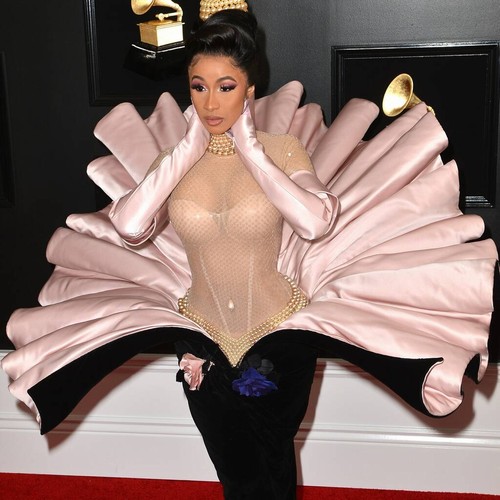We’re not talking about The Quiet Man.
In the last few years, representations of disabilities in video games have been on the rise. However, with representations of deafness, everything is usually represented with the common stereotypes: characters are always shown using American Sign Language and are unable to hear at all. So far, we’ve not really had a game that spotlights a main character with deafness – and no, we don’t want to talk about the abysmal The Quiet Man.
So, what if we had a game with RPG elements where the main character is deaf and just living their life?
Picture the scene. There’s no audio, your controller vibrates like an alarm, the game fades in from the first-person perspective, and then you head to the bathroom mirror, groggy as you look at your default character skin. You change your appearance, deciding on whether to have hearing aids or a cochlear and then even deciding how those look. You could even go with nothing at all! There could even be an option to choose whether your character knows various forms of sign language as a trait that will later help in conversations?
Rather than an action-packed storyline, the game would focus more on the day-to-day life of the characters in no-linear order, allowing players the freedom to tackle “missions” as they see fit. But each mission would come with its own barriers. One might involve arguing with management at your job in order to get subtitles enabled for all internal video meetings. Another might see your cochlear implant batteries dying during the middle of an important physical task, like carrying things around and having to rely on someone’s body language to place your loads. Heck, why not throw in a mini-game where your hearing aid mould gets blocked with wax and you need to use the analogue sticks and button taps or holds to blow the wax out!? Lovely.
The Quiet Man. This game does not count.
What would be nice is to have the game follow the relationships of the people you interact with, throwing in different experiences ranging from outright ableism, to unintended offense from a friend. Intimate moments with friends wanting to learn more could make an appearance, while darker themes like feeling left out from gatherings and meetups take their toll as well.
I’ll be honest, I’m not sure what the end goal would be, but I do know that it wouldn’t be anything like “find a cure” or “accept yourself” or any of that inspirational crap. Maybe there’s a certain aspiration the character wants to achieve which is determined at the start during character creation and that sets the dominoes up for the rest of the gameplay? Getting married, landing a dream job, or maybe the story can just simply be something more traditionally dramatic, like unravelling a family mystery.
Either way, it’d be nice to start seeing disabled main characters represented more in the video game space. One way to make sure they are created properly is to include disabled people from the start of production, to ensure experiences and ideas are being presented correctly – and not based on assumptions or stereotypes.
Will you support Eurogamer?
We want to make Eurogamer better, and that means better for our readers – not for algorithms. You can help! Become a supporter of Eurogamer and you can view the site completely ad-free, as well as gaining exclusive access to articles, podcasts and conversations that will bring you closer to the team, the stories, and the games we all love. Subscriptions start at £3.99 / $4.99 per month.
Note: This article have been indexed to our site. We do not claim legitimacy, ownership or copyright of any of the content above. To see the article at original source Click Here













